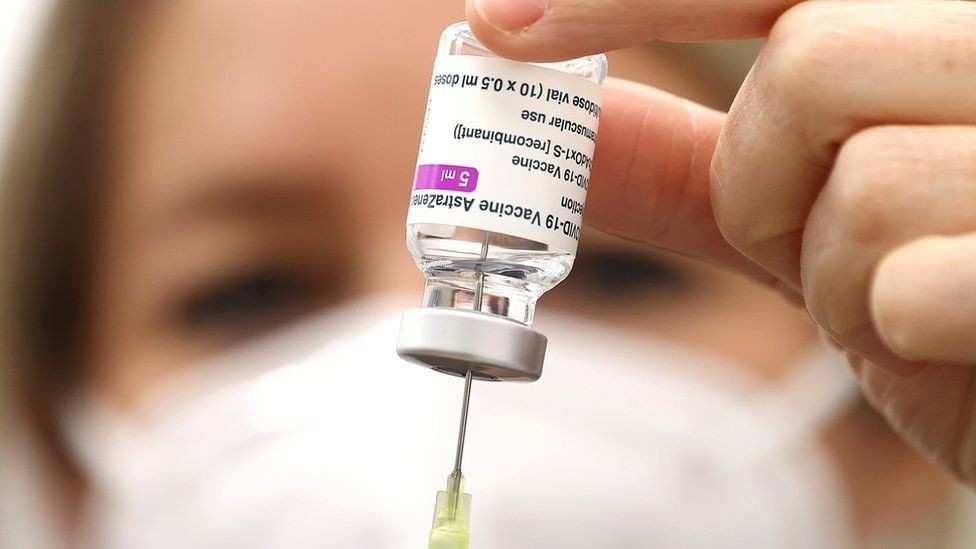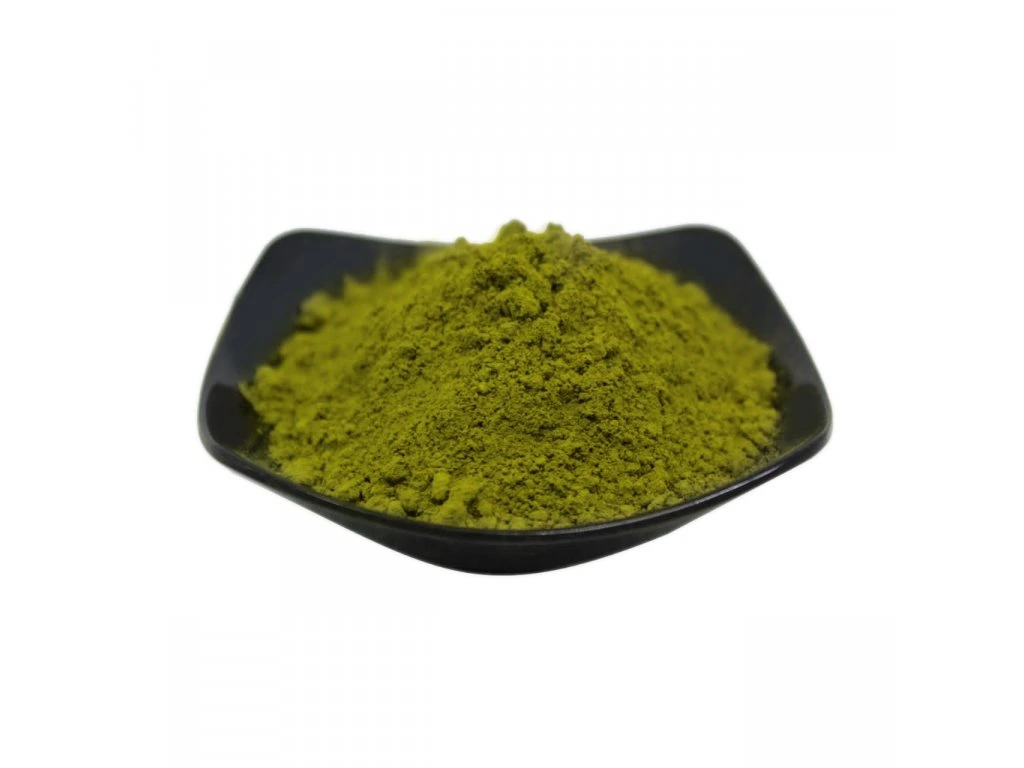Introduction
AstraZeneca is a vaccine to prevent Coronavirus Disease 2019 (COVID-19), developed by Oxford University and AstraZeneca. The administration of the vaccine consists of two doses to be injected intramuscularly with 4-12 weeks apart. It is one of the vaccines (jenis vaksin COVID-19) available in Malaysia. The ‘opt in’ basis for Astrazeneca in Malaysia had received an overwhelming response from the public. In this article, we will discuss in detail who should not take the Astrazeneca COVID-19 vaccine.
Who should not take the Astrazeneca COVID-19 vaccine?
Allergic to the component of the vaccine
One should not receive the AstraZeneca vaccine if they have developed an allergic reaction to any vaccination before or the previous dose of the AstraZeneca vaccine. Do consult your doctor if you are allergic to one of the ingredients of the AstraZeneca vaccine [L-Histidine, L-Histidine hydrochloride monohydrate, Magnesium chloride hexahydrate, Polysorbate 80 (E 433), Ethanol, Sucrose, Sodium chloride and Disodium edetate (dihydrate)].
Signs of an allergic reaction include skin rashes, difficulty in breathing and swelling of the face or tongue. It can be a life-threatening emergency.
Children under the age of 18
AstraZeneca vaccination is not recommended for children under the age of 18 as there is not sufficient data to evaluate the safety and efficacy of this vaccine in this age group.
Individuals having experience of thrombosis with thrombocytopenia syndrome (TTS)
Thrombosis with thrombocytopenia syndrome (TTS) is a condition of blood clots with low platelet levels, which is a rare side effect reported in people receiving the Astrazeneca vaccine. In certain cases, this condition might lead to a fatal outcome.
Therefore, one with a previous history of medication-induced low platelet and blood clot (heparin-induced thrombocytopenia) or blood clot in the brain (cerebral venous sinus thrombosis) should only receive AstraZeneca after evaluation by the medical team. AstraZeneca vaccination should only be given if the benefit outweighs the side effect.
One should seek immediate medical attention if they experience the following symptoms after AstraZeneca vaccination:
- Leg swelling
- Leg pain
- Shortness of breath
- Chest pain
- Belly (abdominal) pain
- New-onset, persistent or worsening headaches with blurred vision
- Fit
- Confusion
- Tiny red spots or bruising away from the site of injection
Individuals who have a previous history of capillary leak syndrome
Capillary leak syndrome is a condition in which fluid leaks to the surrounding tissue from your blood vessel. It is a rare but serious condition that leads to swelling of arms and legs, a drop in blood pressure, low blood protein and thickening of the blood. It is also a rare side effect of the AstraZeneca vaccine thus an individual with a previous history of capillary leak syndrome should not receive the AstraZeneca vaccine.
Individuals who require further evaluation for Astrazeneca vaccination
Pregnant woman
There is limited evidence to suggest the safety and side effects on pregnant women. Therefore, vaccinations are only recommended if the pregnant woman is at high risk of exposure to Severe Acute Respiratory Syndrome Coronavirus 2 (SARS-CoV-2) or at a higher risk of severe disease if exposed to this virus.
Individuals with weakened immune systems (immunocompromised)
Individuals with a weakened immune system are recommended to receive vaccination as early as possible due to a higher risk of serious health complications if exposed to the virus. However, the timing for the vaccination is to be discussed with your doctor to maximise the efficacy of the vaccination.
If you are undergoing chemotherapy, the immune cells in the body might fall during your treatment, thus vaccination is best to be avoided during this period. Do discuss with your doctor the best timing to receive a vaccination.
Conclusion
AstraZeneca vaccine is a generally safe and effective vaccine available in Malaysia for individuals aged 18 years old and above. With the rare side effects of blood clotting and capillary leak syndrome, one with a previous history of the disease mentioned should not receive AstraZeneca vaccination. One should also report if any allergy to vaccination occurred in the past before receiving it to prevent any detrimental outcomes.




